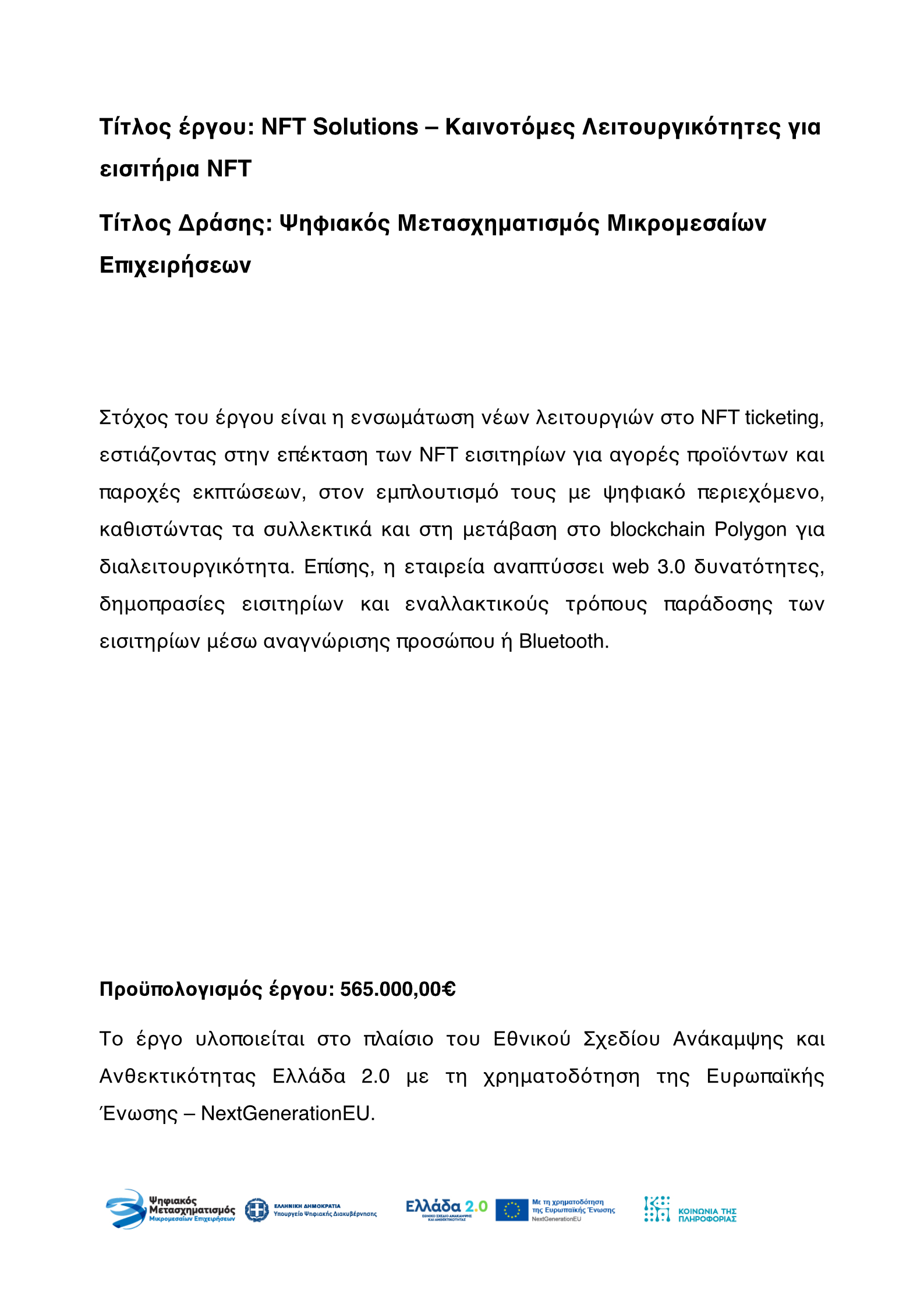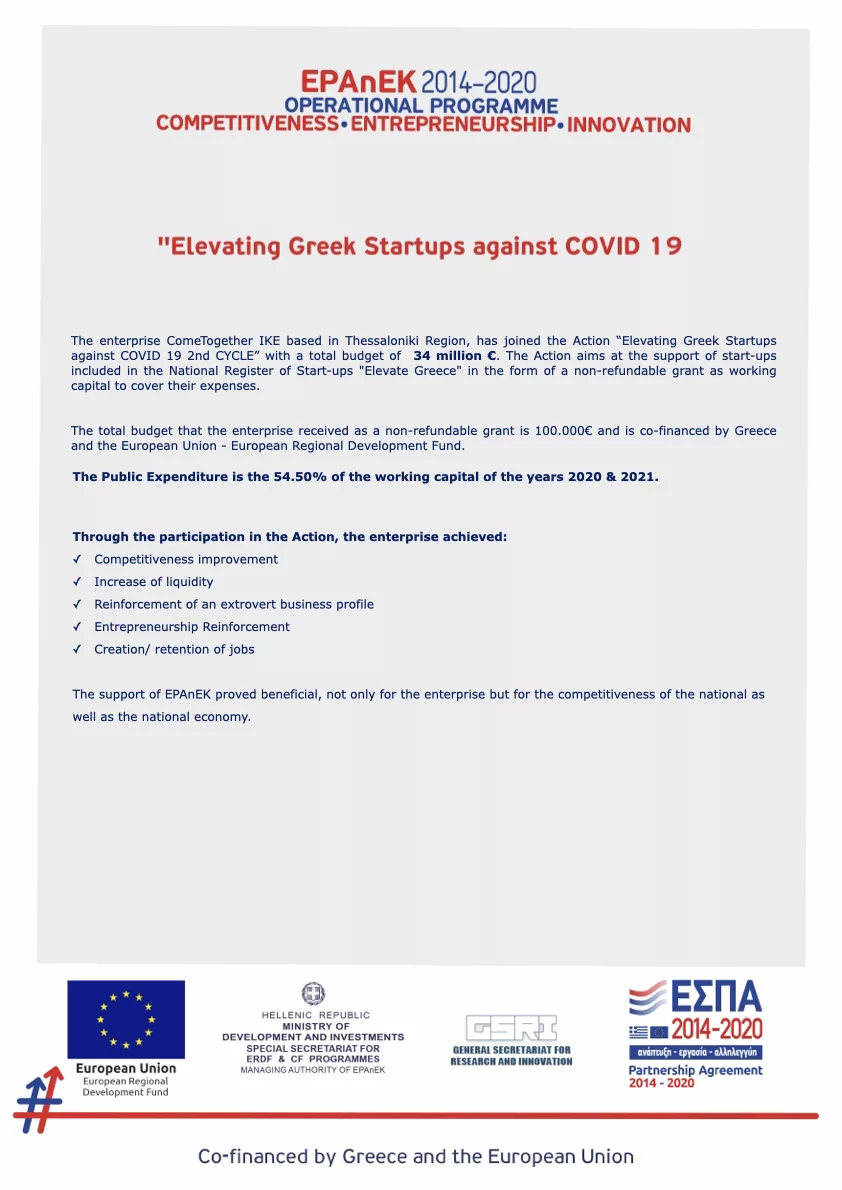In recent years, non-fungible tokens (NFTs) have gained massive attention, primarily due to their impact on digital art and collectibles. However, NFTs are not confined to these spaces alone. The technology has much broader applications, one of which is ticketing for events. NFT ticketing offers a unique combination of security, traceability, and enhanced customer engagement, which presents a wide range of revenue opportunities for event organizers. This article explores how NFT ticketing could revolutionize event management and generate additional revenue streams for organizers.
The Potential Revenue Opportunities of NFT Ticketing for Event Organizers
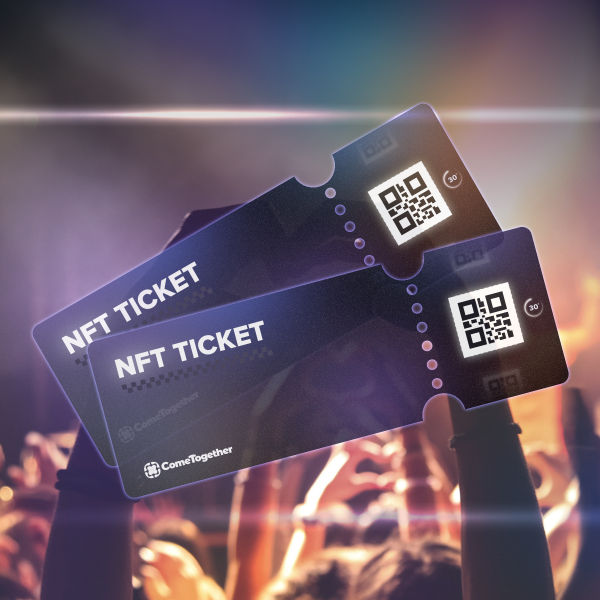
Table of Contents
– Overview of NFT Technology
– The Role of NFTs in Event Ticketing
– Blockchain Security and Traceability
– Preventing Counterfeit Tickets
– Reducing Ticket Scalping and Inflation
– Monetizing Ticket Resales
– Benefits of Smart Contracts for Organizers
– Passive Income from Secondary Markets
– Offering Perks and Digital Collectibles
– VIP Access and Tiered Ticket Structures
– Building Stronger Fan Loyalty
– Utilizing Data from NFT Transactions
– Targeted Offers and Promotions
– Enhancing Customer Relationships
Increasing Transparency and Trust
– Blockchain Transparency for Ticket Buyers
– Ensuring Authentic Ticket Purchases
– Building Consumer Confidence
Creating a New Revenue Stream with Collectible NFTs
– Limited Edition Digital Items
– Collaborations with Artists and Performers
– Additional Revenue from Exclusive Content
Ticket Security
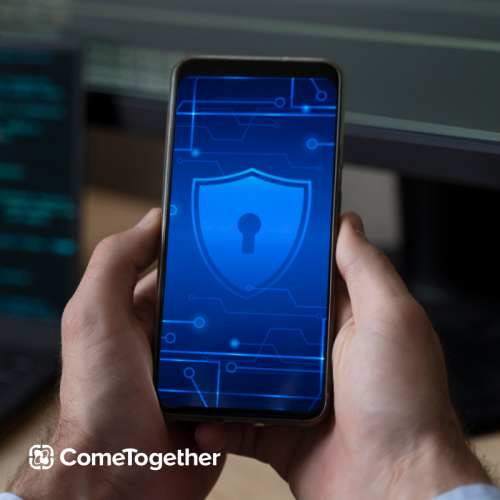
One of the primary challenges in traditional ticketing is fraud and ticket scalping. Counterfeit tickets not only harm customers but also damage the reputation of event organizers. Scalpers, who buy large quantities of tickets only to resell them at inflated prices, are another persistent issue.
NFTs solve this by being immutable and easily traceable on a blockchain. Since each NFT ticket is unique and verifiable, it cannot be duplicated or forged. This enhances security for attendees and reduces headaches for event organizers. By eliminating fraud and scalping, organizers can ensure that tickets are sold at their intended price points, ultimately leading to more controlled revenue streams.
In traditional ticketing systems, event organizers lose control of the ticket once it is sold. If a ticket is resold, the organizer does not benefit from this transaction. However, with NFT tickets, smart contracts embedded within the blockchain can automatically allocate a percentage of every resale to the event organizers.
This capability opens up a new, passive revenue stream for organizers. As tickets are resold in secondary markets, a percentage of the transaction can flow back to the original issuer. Depending on the popularity of the event, this could become a significant revenue source, especially for high-demand events like music festivals, sports competitions, and exclusive shows.
Fan Engagement
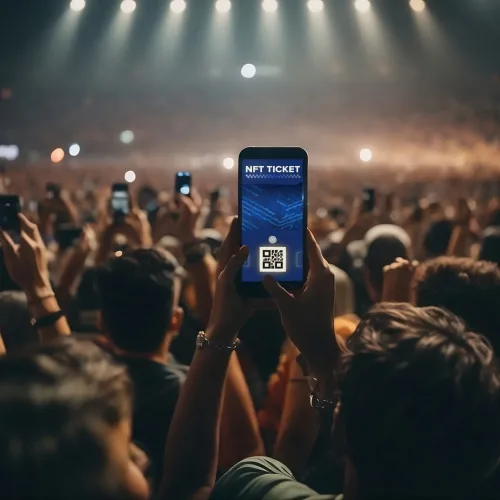
NFT tickets can do more than simply grant entry to an event. They can provide holders with exclusive perks, access to special experiences, or collectible digital content tied to the event. For instance, ticket holders could receive a digital collectible, such as a virtual concert poster or exclusive backstage content, that adds value to the event experience.
This approach deepens fan engagement by offering something beyond the traditional ticketing experience. Event organizers can monetize these added features by creating tiered ticket structures where certain NFTs unlock more exclusive content or VIP access. Fans may be more willing to pay higher prices for tickets that come with added perks, boosting overall ticket sales.
NFTs enable direct interaction between event organizers and ticket holders, providing a new avenue for personalized marketing. Event organizers can track data associated with each NFT ticket, such as the buyer’s preferences, ticket usage, and engagement history. This data allows for targeted marketing campaigns and personalized offers for future events.
For example, an attendee who purchased a VIP NFT ticket for one event could receive early access to similar events or special offers for related merchandise. This ability to directly communicate with fans through their wallets creates a stronger connection and a more tailored event experience, encouraging repeat attendance and higher customer loyalty.
Increasing Transparency and Trust
The transparency of blockchain technology adds another layer of trust between event organizers and attendees. All ticket transactions and ownership histories are recorded on the blockchain, making it easy to track the life cycle of each ticket. Attendees know that their purchase is secure, and organizers can ensure that tickets are reaching their intended audience without being manipulated.
This increased trust can translate to higher ticket sales and fewer disputes. Fans who know that their tickets are secured via blockchain technology may be more inclined to make earlier purchases, knowing that there is minimal risk of fraud.
Creating a New Revenue Stream with Collectible NFTs
Beyond just ticketing, event organizers can create additional collectible NFTs that fans might want to purchase. For example, limited edition digital items like concert artwork, commemorative videos, or audio snippets can be minted and sold as NFTs. These collectibles not only serve as a new revenue stream but also enhance fan loyalty by offering unique mementos from the event.
Organizers can even collaborate with artists or performers to release special NFT collectibles tied to the event. These items can be auctioned or sold at premium prices, providing yet another revenue channel tied to the event’s overall success.
NFT ticketing presents a significant revenue-generating opportunity for event organizers. By eliminating fraud, enabling secondary market royalties, enhancing fan engagement, and reducing costs through decentralized platforms, organizers can capitalize on the benefits of blockchain technology. As NFTs continue to gain traction, those who embrace this innovative approach to ticketing will likely unlock new ways to maximize profits, improve customer experiences, and build stronger fan loyalty.
The future of event ticketing is undoubtedly digital, and NFTs offer a compelling path forward for organizers looking to stay ahead of the curve while tapping into previously untapped revenue streams.
FAQs
What is NFT ticketing?
NFT (non-fungible token) ticketing uses blockchain technology to issue event tickets as digital assets that are unique, traceable, and cannot be replicated. Each NFT ticket is verifiable on the blockchain, making it secure and impossible to counterfeit.
How does NFT ticketing prevent fraud and scalping?
NFT tickets are stored on a blockchain, making them easily verifiable and traceable. Because each NFT is unique, it cannot be duplicated or forged. This prevents the sale of counterfeit tickets. Additionally, smart contracts can limit or prevent the resale of tickets at inflated prices, effectively reducing scalping.
What are the secondary market royalties, and how do they benefit event organizers?
Secondary market royalties refer to a percentage of revenue from the resale of NFT tickets. In traditional ticketing, organizers don’t receive any income when a ticket is resold. With NFT ticketing, smart contracts ensure that a portion of each resale goes back to the event organizer, creating an additional revenue stream from resales.
How can NFT ticketing enhance fan engagement?
NFT tickets can offer additional perks beyond event entry, such as exclusive digital content, VIP access, or collectible items related to the event. By offering enhanced experiences, event organizers can foster deeper fan engagement and even charge higher prices for special NFT tickets that unlock these unique experiences.
What kind of exclusive content can be bundled with NFT tickets?
NFT tickets can include access to digital collectibles like concert artwork, behind-the-scenes videos, virtual meet-and-greets, or special event-related memorabilia. This gives ticket holders a unique, personalized experience that adds value to their purchase and deepens their connection to the event.
How does NFT ticketing help with personalized marketing?
Since NFT ticketing data is stored on the blockchain, event organizers can track a buyer’s ticket history, preferences, and engagement. This data can be used to tailor marketing campaigns and offer personalized deals for future events, enhancing customer loyalty and increasing repeat ticket purchases.
How does NFT ticketing increase transparency and trust between organizers and attendees?
Blockchain technology records all transactions and ticket ownership transparently. This traceability ensures that tickets are genuine, securely purchased, and cannot be manipulated. Attendees can be confident that they are receiving legitimate tickets, and organizers can track ticket distribution to ensure they reach the right audience.
Can event organizers generate additional revenue from NFT collectibles?
Yes. Beyond selling tickets, event organizers can mint limited edition digital collectibles such as artwork, audio clips, or videos from the event as NFTs. Fans can purchase these as keepsakes or memorabilia, creating a new revenue stream while enhancing fan engagement.
Is NFT ticketing suitable for all types of events?
Yes, NFT ticketing can be applied to various events, including music concerts, sports competitions, conferences, and exclusive parties. Any event that involves ticket sales can benefit from the security, traceability, and revenue opportunities that NFT ticketing offers.
How does the resale of NFT tickets work?
When an attendee resells an NFT ticket, the transaction occurs on the blockchain. Smart contracts can be programmed to automatically allocate a percentage of the resale price back to the event organizer, ensuring ongoing revenue from secondary sales.

